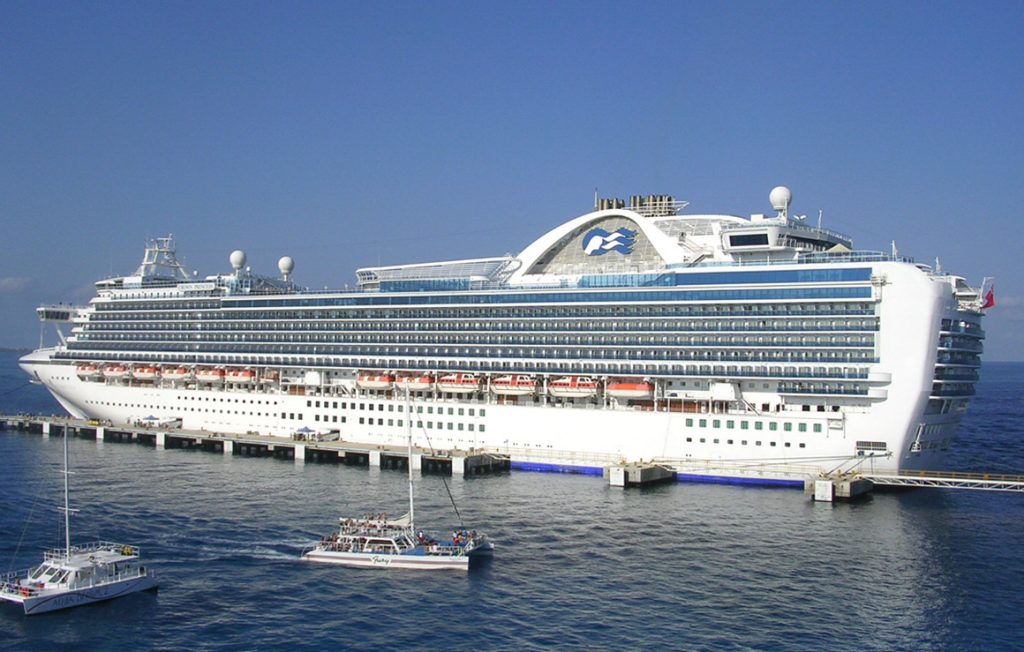Summarize this content to 2000 words in 6 paragraphs
Travelers arriving in Mexico via cruise ship could see their trips to the country become more expensive.
The lower house of Mexico’s Congress voted last week to charge cruise passengers a roughly $42 immigration tax at Mexico ports, a measure that could go into effect in 2026. Two-thirds of the revenue from the tax would go toward funding for the military.
Cruise passengers have long been exempt from paying an immigration fee in Mexico because they have been considered “in transit.” Mexico’s Senate is expected to vote on the measure passed by country’s Chamber of Deputies this month.
The Mexican Association of Shipping Agents is urging the Senate to reject the measure. “If this measure is implemented, it will make Mexican ports of call among the most expensive in the world, severely affecting their competitiveness with other Caribbean destinations,” the organization said in a statement.
The cruise industry has also come out against the plan.
“The Government’s plan to eliminate the ‘in-transit’ exemption status that has been in place for cruise passengers for over a decade impacts the livelihoods of tens of thousands of Mexican citizens, countless small businesses, and communities along Mexico’s coastlines that depend on cruise tourism,” said Michele Paige, CEO of the Florida-Caribbean Cruise Association, which represents 23 cruise lines, including Carnival Cruise Line and MSC Cruises.
Paige added that cruise lines are projecting significantly reduced consumer demand for Mexico trips if the tax goes through, noting that the $42 per person tax would make cruise tourism in the country 213% more expensive than the average Caribbean port.
Even if Senate doesn’t approve the measure to implement tax, some cruise passengers will still see their trips to Mexico become pricier. Guests on sailings to Quintana Roo — the state home to Costa Maya and Cozumel — will have to pay a $5 fee to contribute to the National Disaster Prevention Fund under a regional law starting on January 1.














